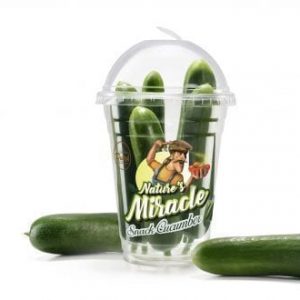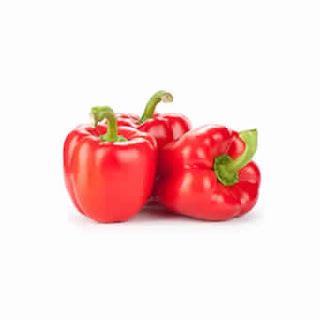Vegetable Farming in Commercial Food Production
Almost everything good that we eat attributes its flavours to fruits and vegetables, but with growing food market, manufacturers have resorted to artificial flavouring to compensate for the lack of rapid supply. It is the truth that vegetable farming in India is unable to match up to the growing market needs. Farmers often face disappointing produce due to their lack of know-how, lack of funds, unavailability of good seeds and unpredictable weather conditions.
Thankfully Hydroponic technology has made its way to the country. Hydroponics, as the name suggests, use water to grow the plants. This method is derived from the Dutch people and their agricultural methods are known to produce the highest quality fruits and vegetables that contribute to a fairly large amount to the world vegetable and fruit export. The Dutch hydroponic system doesn’t just allow them to support the economy with fruit & vegetable trade, but also makes them self sufficient to contribute to their country’s commercial food production.
With the onset of Hydroponic system of agriculture, there is hope for not just the commercial food market but also to sufficiently cater to the hunger in poor regions of the country. Since Hydroponics only relies on water to supply the necessary nutrients to the plants, it completely eradicates the need of soil and thereby soil borne diseases that demand pesticides and insecticides for their production, inadvertently improving the production quality and quantity.
Vegetables like cucumber, which is widely consumed and was previously constricted to growing in only summers, has found year-round production with the hydroponic farming. Hydroponic cucumber production has improved the vegetable’s quality, in terms of taste, juiciness and crunchiness, making it readily available in the market for mass consumption and export. Other commercial fruits and vegetables such as tomatoes, peppers, and strawberries are now being grown rapidly and in all their variety in weather protected greenhouses that allow them to grow healthy, unmarred by chemicals, pollution or pests all year around.
The Hydroponic system is probably the answer to all the commercial food production needs and a boon for trade. Hopefully we will see more hydroponic farms growing eco-friendly and nutritious vegetables and fruits to overcome the gaping difference in commercial food demand and supply and help the country enjoy self-sufficiency and sustainable health.
Thankfully Hydroponic technology has made its way to the country. Hydroponics, as the name suggests, use water to grow the plants. This method is derived from the Dutch people and their agricultural methods are known to produce the highest quality fruits and vegetables that contribute to a fairly large amount to the world vegetable and fruit export. The Dutch hydroponic system doesn’t just allow them to support the economy with fruit & vegetable trade, but also makes them self sufficient to contribute to their country’s commercial food production.
With the onset of Hydroponic system of agriculture, there is hope for not just the commercial food market but also to sufficiently cater to the hunger in poor regions of the country. Since Hydroponics only relies on water to supply the necessary nutrients to the plants, it completely eradicates the need of soil and thereby soil borne diseases that demand pesticides and insecticides for their production, inadvertently improving the production quality and quantity.
Vegetables like cucumber, which is widely consumed and was previously constricted to growing in only summers, has found year-round production with the hydroponic farming. Hydroponic cucumber production has improved the vegetable’s quality, in terms of taste, juiciness and crunchiness, making it readily available in the market for mass consumption and export. Other commercial fruits and vegetables such as tomatoes, peppers, and strawberries are now being grown rapidly and in all their variety in weather protected greenhouses that allow them to grow healthy, unmarred by chemicals, pollution or pests all year around.
The Hydroponic system is probably the answer to all the commercial food production needs and a boon for trade. Hopefully we will see more hydroponic farms growing eco-friendly and nutritious vegetables and fruits to overcome the gaping difference in commercial food demand and supply and help the country enjoy self-sufficiency and sustainable health.




Comments
Post a Comment